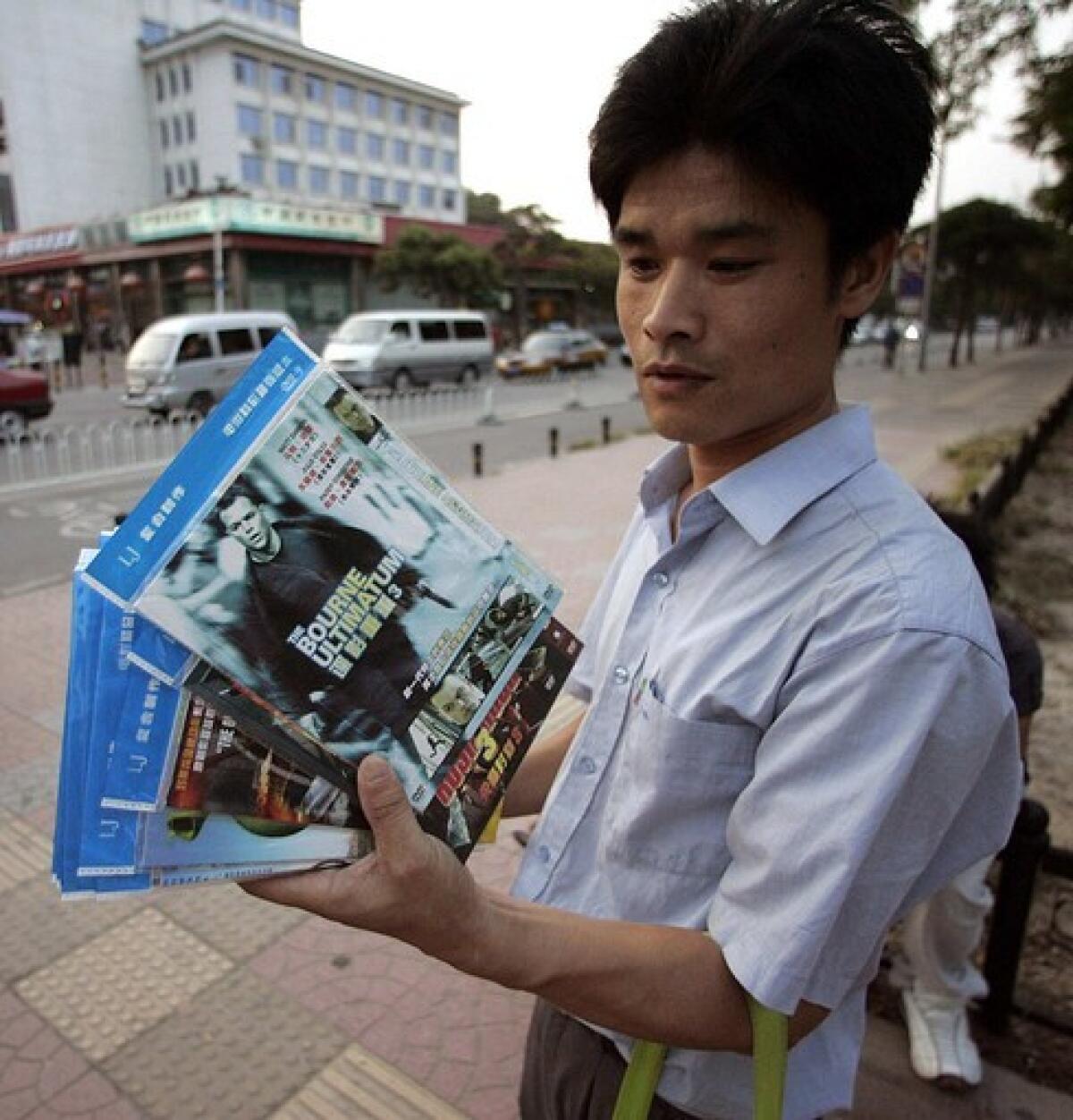China still restricting foreign media, U.S. complains

Beijing — China has missed the deadline to comply with a World Trade Organization ruling to loosen state controls on foreign media, the U.S. trade representative said, delaying wider U.S. access to its fast growing market for films, music, books and other entertainment.
China had until March 19 to end its practice of restricting foreign media from entering the country without a state distributor.
The “U.S. government is disappointed that China has not yet fully complied with the WTO ruling in this case, a lack of compliance which China has acknowledged,” Nkenge Harmon, a U.S. trade representative spokeswoman, said Tuesday. “The U.S. government has communicated its concerns to China, and is working to ensure that China promptly brings its measures into full compliance.”
The restrictions have presented particular challenges for U.S. film studios. Under the tight guidelines, China allows only about 20 foreign films into its theaters each year. The Motion Picture Assn. of America blames the quota for helping fuel piracy of Hollywood films. By one estimate, the country’s bootleg DVD industry generated $6 billion last year. By comparison, China’s box-office receipts totaled $1.5 billion in 2010.
“China made a commitment to comply with the WTO decision by March 19. We are disappointed China did not fulfill that commitment,” Greg Frazier, MPAA executive vice president and chief policy officer, said in a statement.
“We understand, however, that the Chinese authorities are working to comply with the WTO’s ruling and that the U.S. government is actively engaged with the Chinese government to ensure that China meets its commitment,” he said.
The U.S brought the complaint to the world trade body in 2007. The WTO ruled in 2009 that China had broken international trade rules by restricting imports of foreign movies and other media, a decision celebrated as a major victory by the U.S. entertainment industry. Although that ruling did not address the quota issue, it was hoped that a widening of the distribution system would lead to greater market access for U.S. firms. Currently, only China Film Group and Huaxia Film Distribution Co., both government-controlled, import foreign films into China.
China’s movie market is becoming increasingly important to foreign studios. Last year China ranked No. 6 in global box-office revenue, according to Screen Digest. The nation’s box-office receipts grew 64% in 2010, and the number of movie screens in China is expected to double in the next five years.
But China has been reluctant to open the sector to foreign players over fears that its domestic studios will have a tough time competing and that its influence will be undermined. The Chinese government is heavily involved in the nation’s film industry and routinely censors content it deems inappropriate.
Industry experts are split on what China will do next. Some anticipate only cosmetic changes, such as China’s adding a token private distributor of foreign films. Others expect China to keep delaying, by challenging any sanctions the U.S. may choose to impose.
Answers could come as soon as Friday, when Chinese officials are scheduled to attend a meeting of the WTO’s dispute settlement body.
Stan Abrams, an attorney at the Beijing-based law firm Golden Gate, said it would be difficult for the U.S. to find proportionate sanctions -- something the WTO encourages if disputes reach that point.
“It’s not like there’s billions of dollars in Canto pop [music] coming into the U.S.” that it can restrict, Abrams said.
Steven Dickinson, lead China counsel at the international firm Harris & Moure, said Beijing may be testing the U.S. to see how far it’s willing to push its case and what kind of sanctions it might face.
“I fully expected China to miss this deadline,” he said. “China’s current policy is to strengthen control over domestic media and further restrict foreign access. Thus the WTO ruling is 180 degrees contrary to very strong current movements in Chinese policy.”
The three agencies that oversee China’s media industry -- the State Council Information Office; the State Administration of Radio, Film and Television; and China Film Group -- did not respond to requests for comment Tuesday.
In a status report to the WTO dated March 15, China said it had disagreed with the ruling but was working to comply.
“China hopes relevant WTO members could understand the difficult and complicated situation China is facing during the process of implementation,” the letter said.
It continued: “China believes that this matter will be resolved properly through joint efforts and mutual cooperation by relevant parties.”
More to Read
Inside the business of entertainment
The Wide Shot brings you news, analysis and insights on everything from streaming wars to production — and what it all means for the future.
You may occasionally receive promotional content from the Los Angeles Times.











